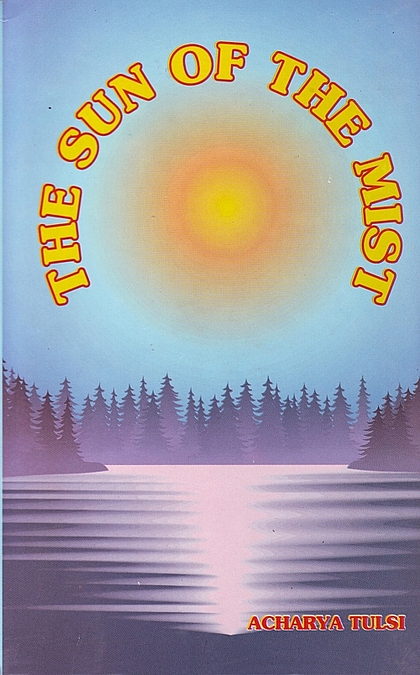Health is of three kinds—spiritual, mental and physical intoxicants affect all these kinds. Intoxicating drugs or other materials, if habitually taken in excess, produce a kind of poison in the body. The functioning of the physical organism is disturbed thereby; the mind becomes perverted; and one’s powers languish. From the religious and spiritual point-of-view, the use of intoxicants has been looked upon as a crime. Because the food consumed directly affects the quality of one’s life. The Jain religious preceptors kept this fact in mind while dealing with controls over food and drink, and the Jain gurus followed the teaching of their great preceptors. They sought to provide powerful inspiration to people to lead an addiction-free life. What is an addiction? The answer to this question is given in a Sanskrit verse as follows:
Gambling, meat-eating, drinking, prostitution, hunting, stealing and adultery- these are the seven vices. They play a major role in man’s deterioration.
This classification of vices is probably the result of the Jain masters solicitude about the man’s state of health. Any addiction can be the cause of man’s degradation. In the present context, we are mainly concerned with drinking.
In Jainism, a life free from every kind of addiction is considered to be ideal. So the Jains are required to keep this ideal in view at all times. Still it is not easy to tum away from the current of fashion that is why many Jains, in their eagerness to swim with the current, become victims to vices. They have come to accept drinking and smoking as a necessary part of high-standard living. Of course, it is a distorted point-of-view. To entertain such a view is an attack on the basic tenets of Jainism, and also amounts to playing with one’s life. People must be made to realize their error.
The cultural background of our country is not at all favourable to the consumption of intoxicants. Such consumption is also not justifiable from the social and political points-of-view. Still in today’s political environment, drinking has become a common thing. Although recognising that drinking is bad from every angle, the Central and State Governments have not been able to enforce prohibition. They think that the revenue collected from wine-contractors is a factor of stability in the financial structure of the country. lt may be true, but it is also a fact that the absence of any ban on drinking is responsible for an increase in the number of crimes. Thus, in proportion to the supposed benefits accruing from the wine-revenues, the harm done is far greater. But, since it is not directly perceivable, people are likely to ignore it.
This is the reason why meat and drinks are generally served at the State dinners. The national leaders, editor’s writers and poets, on who lays the responsibility of nation-building are openly in the grip of wine. In the circumstances, who is to tell whom, and who would listen?
Some time ago, in the last week of November, 1986, a statement of the Soviet leader Garbochev was published in the Punjab Kesari, which revealed that Garbochev does not drink liquor in his personal life, nor is liquor served at the State functions in Russia. At the State dinner given in his honour inIndia, fruit- juice was served instead of liquor. Garbochevs convinced that because of drinking, the average span of human life is decreasing; there is an increase in the number of congenital diseases among children, negligence and indiscipline are also rising. Alcoholic drinks prove highly destructive for a progressive society. Therefore, a campaign for freedom from addiction to alcohol is being conducted in Soviet Russia with great vigour. Amount the great world powers, the inclination of one power towards an addiction-free life can be a source of inspiration for other countries.
The Indian public is inclined to adopt Gandhiji’s teaching as a basis for sane living. Gandhiji once said, "If I were a dictator, my first task would be to establish prohibition."
The followers of Gandhiji, even after being elevated to power, have not been able to make this dream come true. Neither- the Indian Government nor the Indian public was made any progress in this direction. That country is blessed, in which intoxicants like alcohol are totally prohibited. Such prohibition is absolutely necessary for a healthy and cultured life. On the basis of Anuvrala. We have projected before the public the ideal of addiction-free life as well as the way to realize this ideal through Preksh dhyana. The practice of dhyana can certainly deliver a man from the vice of drinking.
 Acharya Tulsi
Acharya Tulsi
